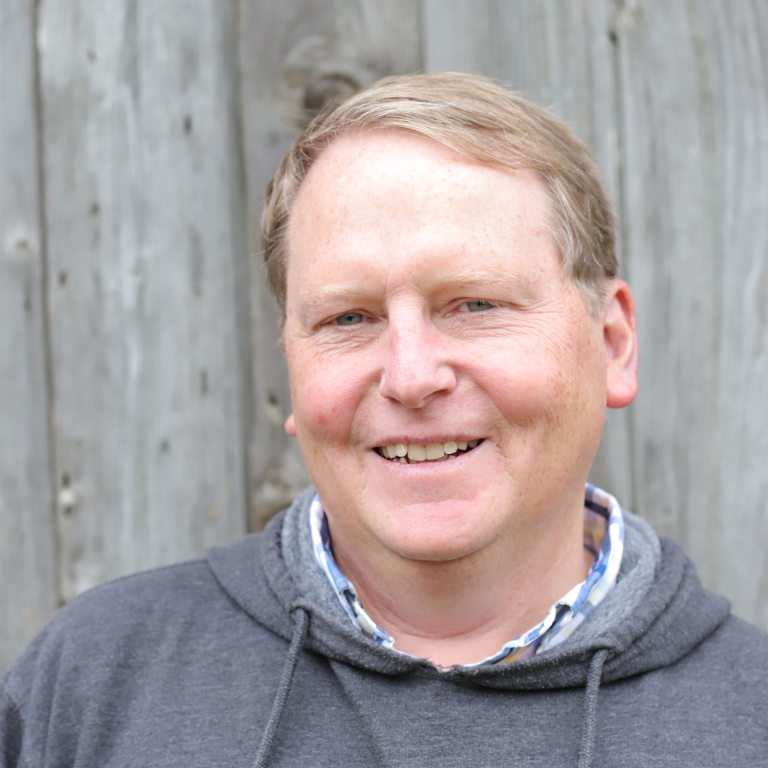First, a recap. The Pandemic Armchair Philosophy Blog was born in the early months of the Covid-19 pandemic, and is designed to demonstrate philosophy’s practical side in these challenging times. It encourages readers–and not just professional philosophers–to utilize the hard-wired human propensities to think, imagine and create. It’s of the armchair variety because we are urged to stay inside these days, and because philosophizing can be done while sitting down.
I am a professional philosopher who has spent more than three decades in the American academy, nearly all of it introducing “the craft of thinking”[1] to pre-professional college students studying engineering, business and the sciences. I have benefitted as much from their practicality as I hope they have from my heartfelt insistence that philosophy’s craft matters for its own sake, as well as for its everyday applications regardless of occupation.
A viral pandemic shifts our sense of space and time. Hard-wrought plans and journeys that made such good sense just a few months ago are now open to uncertainty. Paths are detoured or blocked for who-knows how-long. What better time to step back and consider alternatives, to review those hidden assumptions about success, happiness and work-life balance, and to do some of the deep thinking that philosophy is famously known and occasionally ridiculed[2] for?
But how quickly have our lives and inboxes filled up! Video calls consume us from morning till night, punctuated by a bombardment of poems, podcasts, grocery-washing advice and funny clips from well-meaning friends and colleagues; not to mention the 24 hour news cycle. We shouldn’t begrudge the craving for social connections in times like these. Neither should we forget the importance of self-reflection. Philosophy helps us to step back and see the questions now lying all around in plain view. Why, for example, is there still this crazy busyness in our daily lives as we simultaneously try to adapt to a frighteningly viral moment? Novel Covid-19 puts humanity in the same boat–as the word ‘pandemic’ (‘all people’) suggests–but why must that boat continue to have as much social stratification and inequity as did the RMS Titanic? And what comes after Covid-19? What will change and what will stay exactly the same, not just in global, cultural and institutional systems, but for families, communities and individuals?
DIY (Do it Yourself) ingenuity is everywhere these days, from making face masks and cooking for the first time, to creating games and educational tools for our loved ones. It is no exaggeration to say that the combined creative powers of thinking and action are bringing a new world into existence. DIY philosophy, too, has the power to bring to light new opportunities and paths, and to shore-up the old ones that may have been in question prior to Covid-19.
Better yet is DIT (Do it Together) philosophy, combining as it does the need for reflection and our yearnings for connection. As we share tips and comfort in these pandemic days and weeks ahead, consider including some philosophical conversations during Zoom cocktail parties and family dinners, or starting an Armchair Philosophy Cafe in the neighborhood (with proper social distancing, of course) or your on-line community.
When pared down to its essence, philosophy is simply a conversation with our thoughts. You can do it yourself, but it’s best when done with others. Now, more than ever.
[1] Martin Heidegger’s phrase
[2]It wasn’t long after Greek philosophy got a running start that some of its main characters were portrayed in an unflattering light. Thales falls into a well while gazing upward at the stars and ignoring earthly matters, and the playwright Aristophanes portrays Socrates as head of the Thinkery, a think-tank that has come up with a new unit to measure the distance jumped by a flea. The play is titled “The Clouds” for obvious reasons.






